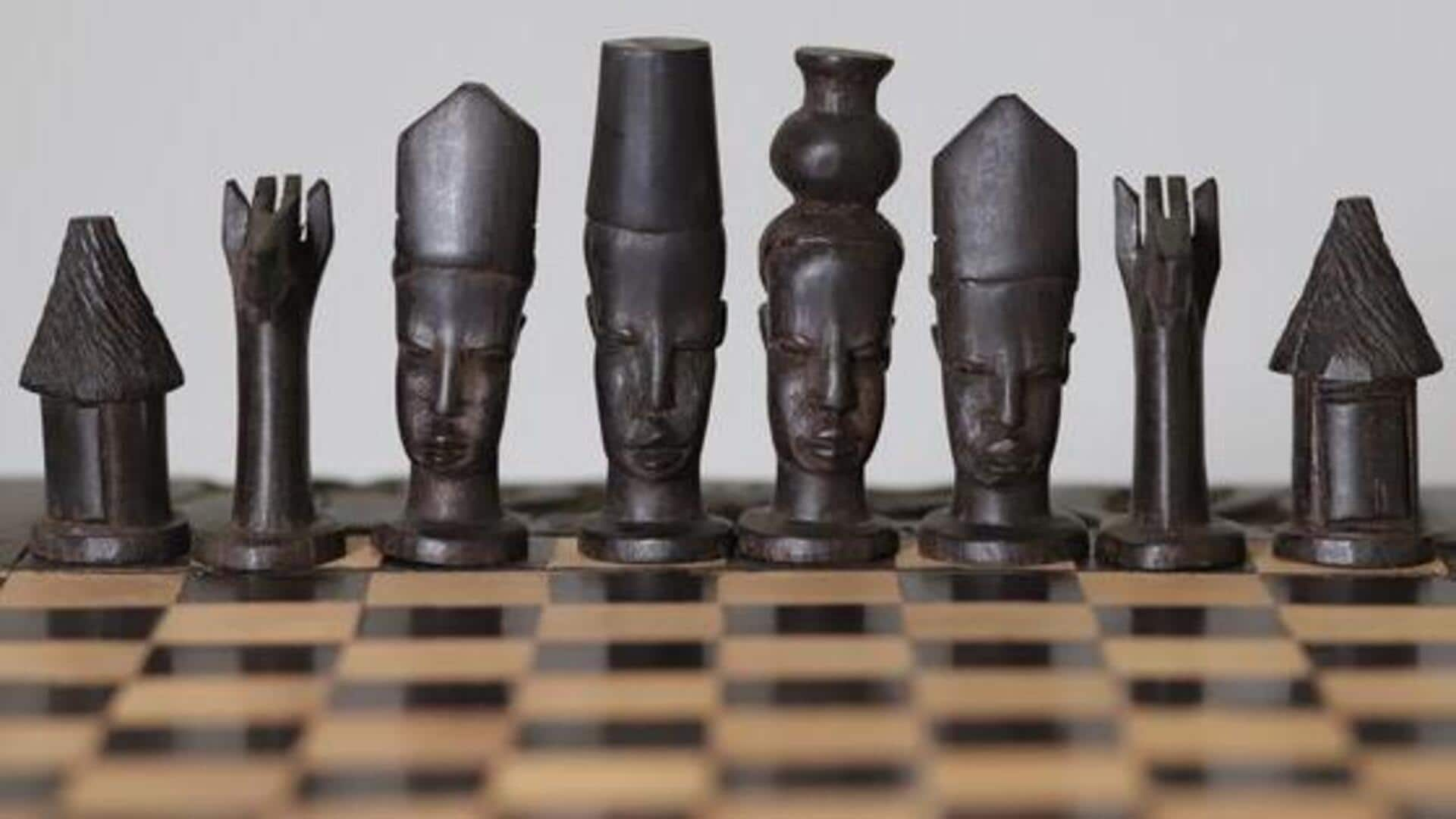
Elevating mental focus with African chess strategies
What's the story
Chess, an ancient game of strategy, has a long history in Africa, where it has evolved into unique forms that embody the continent's rich cultural tapestry. African chess strategies are characterized by their focus on rapid decision-making and adaptability. This article delves into how these dynamic strategies can sharpen your mental agility and strategic foresight, providing valuable lessons that extend far beyond the traditional chessboard.
Surprise moves
Embrace the element of surprise
African style of playing chess is characterized by unexpected moves that catch the opponent off guard. This approach demands creative thinking and a keen understanding of the opponent's mindset. By cultivating a style of play that embraces unpredictability, one can develop a sharper instinct for on-the-spot analysis and strategic adaptation. This ability extends beyond the chessboard, proving beneficial in real-life situations that call for rapid and decisive action.
Reflection
Learn from every outcome
A key aspect of African chess culture is the focus on learning from every game. Both winners and losers analyze their strategies, gaining insight into what contributed to their outcomes. This practice of reflection fosters a growth mindset, turning setbacks into opportunities for improvement. Imagine if we apply the same to life. It will drastically improve our problem-solving skills and make us resilient.
Patience building
Develop patience and endurance
African chess games are frequently drawn out over extended periods, instilling in players the importance of patience and perseverance. This element of the game fosters a mindset of caution, discouraging hasty choices that might result in mistakes. Chess teaches individuals to exercise patience, to carefully evaluate situations before making decisions. This translates into more considered and effective decision-making in life, reinforcing the value of patience and strategic planning.
Strategy enhancement
Cultivate strategic thinking
African chess strategies teach strategic thinking like no textbook can. By planning several moves ahead and anticipating potential counter-moves by opponents, players learn to think strategically about long-term goals and objectives beyond the game. This fosters a proactive approach to challenges, focusing on creating advantageous positions rather than merely reacting to circumstances.
Community engagement
Foster community and collaboration
Chess in Africa is not an individual sport, it is a communal activity that unites people of all ages. Playing regularly within a community fosters a sense of belonging and collaboration as players share strategies and learn from each other's experiences. This communal aspect highlights the importance of teamwork and shared learning in achieving success not only on the chessboard but also in collective endeavors outside it.